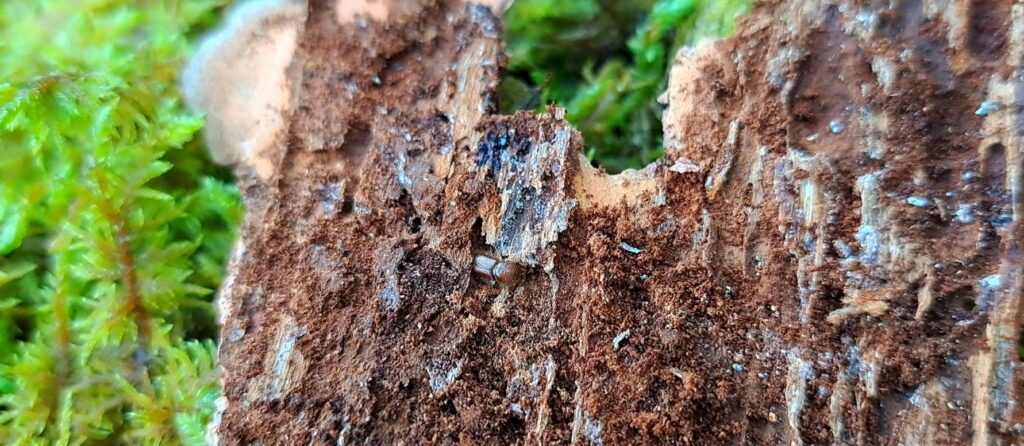August 20, 2024 – Helsinki, Finland. The Finnish team of the Resdinet project, comprising the Finnish Geospatial Research Institute (FGI) of the National Land Survey of Finland and the University of Eastern Finland, has been making significant strides in forest health monitoring. With the increasing threat of forest damage due to insects, plant diseases, and drought, new innovations are crucial to preventing disasters similar to those experienced in Central Europe and Sweden. These challenges are not confined to distant lands; Finland is also beginning to see the impact of these disturbances, underscoring the urgency of proactive measures.
As climate change progresses, pest species and tree mortality are becoming more prevalent in northern regions, affecting forest growth and economic stability. The bark beetle (Ips typographus), which thrives in drought-affected areas, has been particularly problematic, with damage spreading further north each year. This pest alone is responsible for annual losses in Finland estimated at €5-12 million.
In an article published on 16th August in the Maaseudun Tulevaisuus newspaper, the Finnish partners of the Resdinet team presented new remote sensing innovations specifically designed to monitor forest disturbances caused by Ips typographus. These innovations aim to detect and address forest health issues early on, helping to prevent large-scale infestations and forest loss.
Remote sensing technologies are providing powerful tools to address these issues. By using satellite imagery, drones, and advanced AI-based analysis methods, researchers can detect forest stress earlier than ever before. This allows for timely forest management interventions, reducing the risk of widespread damage.
One of the most promising innovations is the use of a hydrogen-powered airship for monitoring forest health over large areas. Tested in Finland’s Koli National Park, this technology enables long-duration flights out of visual range, providing detailed data on the stages of tree mortality. The integration of multispectral imagery and deep learning methods allows for precise classification of tree health, scalable across wide areas.
Through the Resdinet project, funded by Horizon Europe, Finland is at the forefront of developing new tools for early detection of Ips typographus infestations and designing risk assessment models. By accelerating preparedness and collaboration, Finland aims to avoid the massive forest damage seen in other parts of Europe.
This work is essential not only for forest conservation but also for ensuring the sustainability of Finland’s bio-economy and energy self-sufficiency. The combination of remote sensing and innovative technologies offers a promising path forward in safeguarding forest health and mitigating the impacts of climate change.
For more details, you can read the original article published in Maaseudun Tulevaisuus here.
Stay connected: For more scientific updates and news, please follow RESDiNET on social media:
- Instagram: @resdinet
- Facebook: facebook.com/resdinet
- YouTube: @resdinet
- X: @DE_Research_
Visit our website and subscribe to our newsletter for regular updates on our research and projects.

